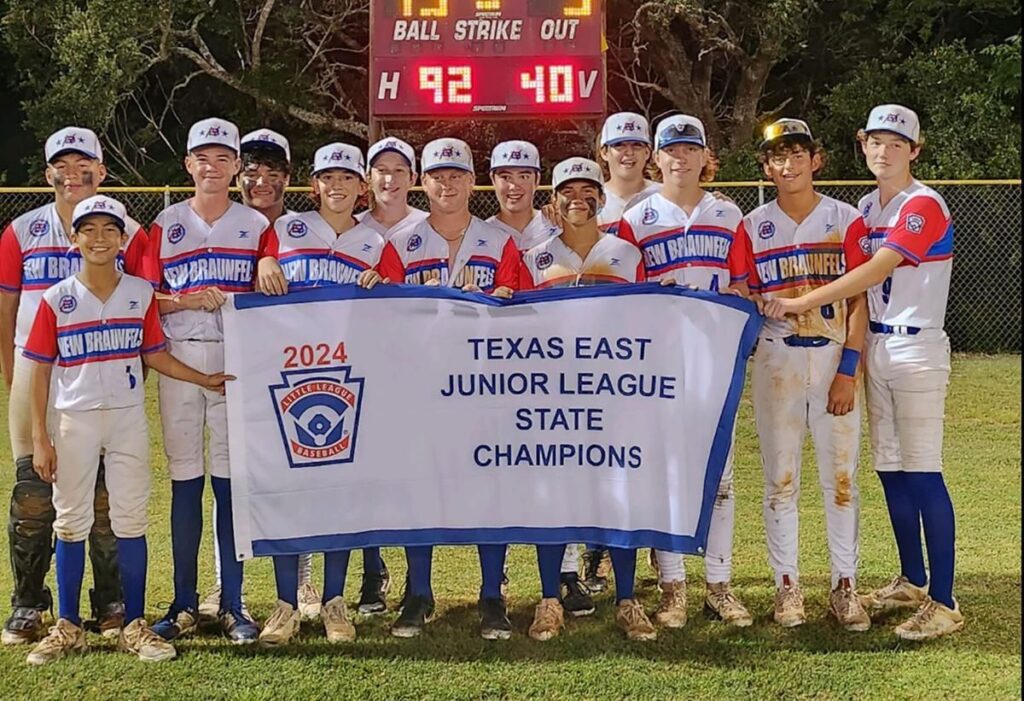Baseball in Texas: From Local Teams to Major League Success
Baseball holds a cherished place in Texas sports culture, with a journey that spans from community leagues to producing Major League champions. Texas, known for its passion for sports, has nurtured baseball from grassroots levels, cultivating a rich history that includes successful Major League franchises like the Texas Rangers and Houston Astros. This article delves into the evolution of baseball in Texas, the iconic teams, major achievements, and the future of the sport in the Lone Star State.
1. The Beginnings of Baseball in Texas
The history of baseball in Texas dates back to the 19th century when local teams formed in small towns and communities. Early baseball games were often informal, held on makeshift fields, and enjoyed by small crowds of fans who brought a love for the game. By the early 20th century, Texas was already home to several minor league and semi-pro teams, which laid the foundation for organized baseball in the region. These teams quickly became central to their communities, fostering camaraderie and inspiring local pride.

2. Texas and the Minor Leagues: Building a Baseball Culture
Texas has been a hotspot for minor league baseball, a crucial stepping stone for many players aspiring to join the Major Leagues. Cities like San Antonio, Austin, El Paso, and Corpus Christi have long hosted minor league teams, giving fans a taste of competitive baseball and nurturing future stars. Minor league teams, such as the Round Rock Express and the Corpus Christi Hooks, have established a strong fan base and provide a family-friendly environment for locals to enjoy the sport.
Through these minor league teams, Texas has developed a strong baseball culture, with a loyal following that keeps the spirit of the game alive. Fans in Texas can enjoy the journey of young players as they work their way up to the Major Leagues, creating a sense of connection and pride in seeing “one of their own” make it big.

3. Major League Baseball in Texas: The Rangers and the Astros
Texas’ baseball landscape changed forever with the arrival of Major League Baseball (MLB). The Texas Rangers, established in 1961 as the Washington Senators before relocating to Arlington in 1972, became the state’s first MLB team. The Rangers have since become a powerhouse, making multiple postseason appearances and reaching the World Series twice, in 2010 and 2011.
The Houston Astros, founded in 1962, became another focal point of baseball in Texas. The Astros’ recent success has propelled them to the top of MLB, especially with their World Series victories in 2017 and 2022. They have brought pride to Texas by fielding strong, competitive teams and cultivating some of the best talents in baseball.
Both teams have dedicated fan bases and play in state-of-the-art stadiums—Globe Life Field for the Rangers and Minute Maid Park for the Astros—further solidifying Texas’ role as a hub for baseball.

4. High School and College Baseball in Texas: A Talent Pipeline
The passion for baseball in Texas isn’t confined to professional leagues. High school and college baseball programs are renowned for producing top-tier talent that goes on to succeed in the MLB. Texas high schools and universities, like Texas A&M University, the University of Texas, and Baylor University, have baseball programs that are celebrated nationally. The success of these programs showcases the depth of talent in Texas and underscores the state’s commitment to nurturing young athletes.
5. Baseball Academies and Training Facilities
With Texas producing top baseball talent, the state has invested in various baseball academies and training facilities. These institutions offer specialized coaching, state-of-the-art equipment, and comprehensive training programs to develop skills at all levels. Elite training academies like the Texas Baseball Ranch and D-BAT provide platforms for aspiring players to hone their skills and pursue professional baseball careers. Such facilities have been instrumental in cultivating Texas-born talent, making Texas a leader in baseball development nationwide.
6. The Impact of Baseball on Texas Culture
Baseball has an undeniable impact on Texas culture, creating community bonds, family traditions, and lifelong memories. From little league games on weekends to major league championships, baseball permeates Texan culture and fosters a sense of unity among its people. Baseball games are community events where fans of all ages gather to celebrate the sport, enjoy traditional ballpark foods, and cheer for their favorite teams. In Texas, baseball is more than just a game; it’s a shared experience that brings people together.
7. The Future of Baseball in Texas
Looking forward, the future of baseball in Texas appears promising. With continued investments in youth programs, facilities, and college teams, the state is poised to produce more elite baseball players. The Astros and Rangers remain competitive, and their rivalry continues to captivate fans statewide.
Moreover, as the popularity of baseball grows, Texas is seeing increased participation at all levels, from little leagues to recreational adult leagues. This surge in engagement suggests that baseball will remain a cherished sport in Texas for generations to come, ensuring the state’s role in shaping the future of the sport.
Conclusion
From its humble beginnings in local teams to becoming a powerhouse in Major League Baseball, Texas has proven to be a state deeply devoted to baseball. The Rangers and Astros have achieved success at the highest levels, creating unforgettable moments for fans across Texas. With a strong foundation in youth, high school, and college programs, Texas will continue to be a significant player in baseball’s future. In Texas, baseball isn’t just a pastime; it’s a tradition that embodies the spirit and resilience of the Lone Star State.





















